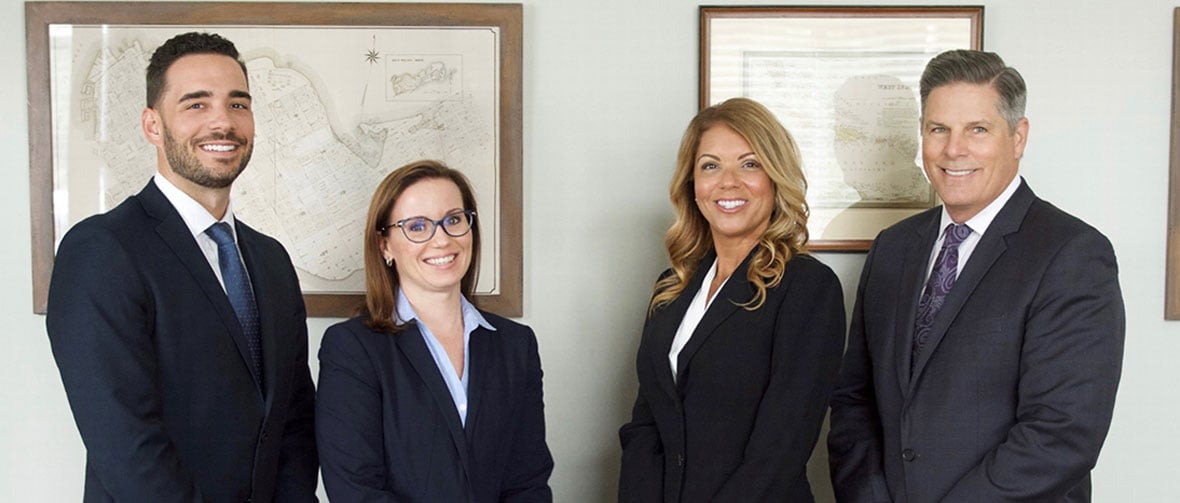Disability may affect more families than you think. In fact, according to the Centers for Disease Control and Prevention, more than 61 million Americans have some type of disability. While not true with everyone, some disabled Floridians have difficulty caring for themselves.
If your disabled loved one cannot complete essential tasks, make reasonable decisions on their own or otherwise care for himself or herself, you may be able to become his or her legal guardian. Before petitioning for guardianship, though, you must be certain you are legally eligible to serve as a guardian.
The guardianship process
Judges in Florida do not take naming a guardian lightly. After all, if a court names a guardian, the disabled person effectively loses his or her right to make certain decisions. Consequently, before ordering guardianship, a judge is likely to look for other less restrictive options.
If a durable power of attorney, health care surrogate or any other pre-need directive may work, a judge is likely to resist guardianship.
Some exclusionary factors
When other options are not sufficient, guardianships are often the right course of action. Judges in the Sunshine State typically enjoy wide latitude to name the guardians they see fit. Nevertheless, there are some exclusionary factors a judge must consider.
If any of the following applies, a person may be legally incapable of serving as a guardian:
- The individual has felony convictions in his or her past.
- The individual lacks the mental or physical ability to serve as a guardian.
- The individual has other barriers to acting as a guardian.
Even though these broad prohibitions may not exclude you from being a guardian for your disabled loved one, you should prepare yourself to answer any questions about your ability to serve.






